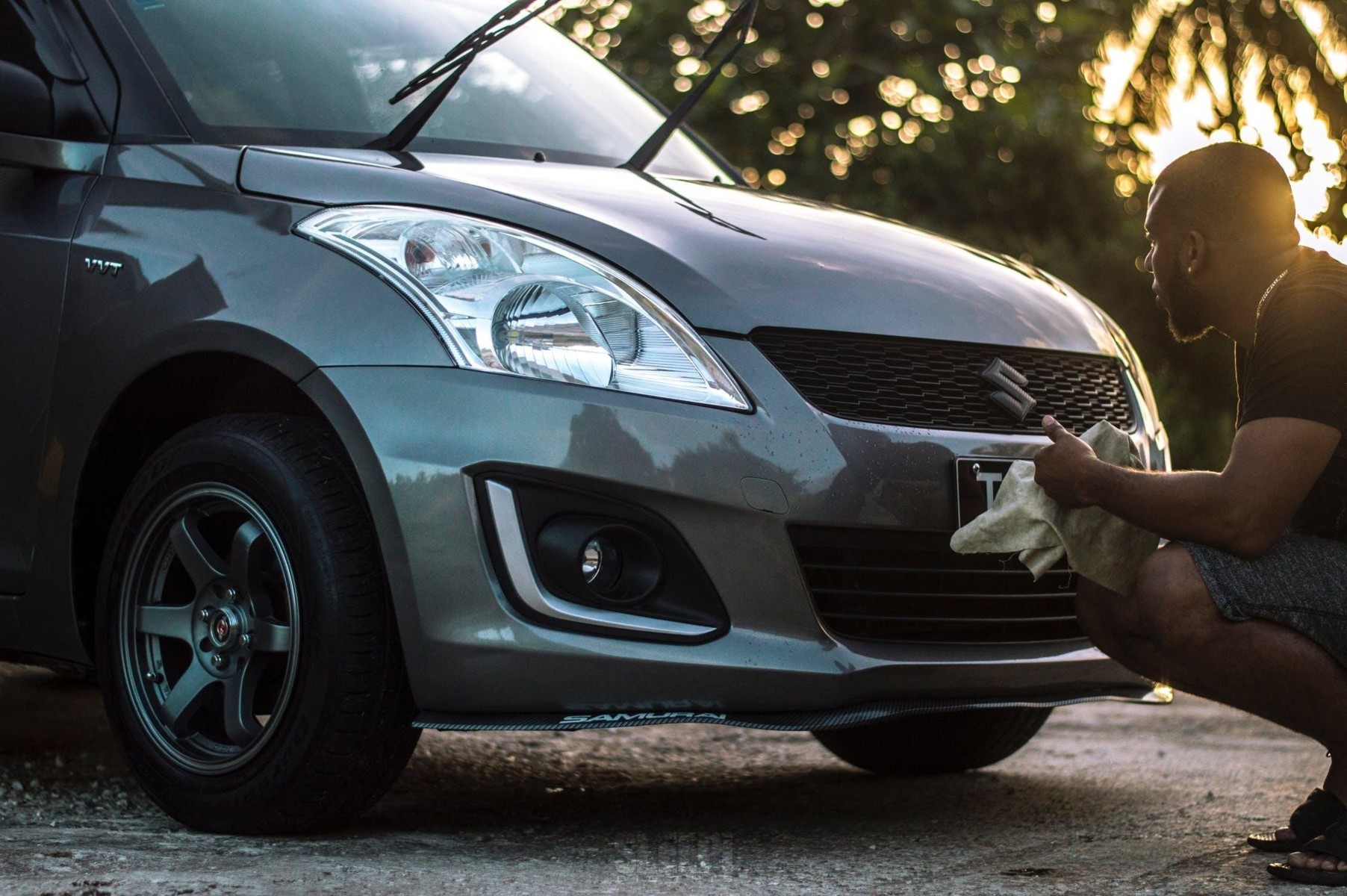Do Your Aftermarket Parts Actually Need to Be CAPA Certified?
Aftermarket parts that receive a certification from the Certified Automotive Parts Association (or CAPA, for short) are reputable. You know what you’re getting, simply because the components have been tested, tested and tested some more. The non-profit organization’s process is rigorous, but as it turns out, it’s not the only way to get quality aftermarket parts.
The downside to CAPA certification for aftermarket parts
In an earlier article discussing the definition of CAPA parts, I delved into the benefits of the certification process — and these perks are undeniable. But we live in a world where pros and cons often go hand in hand.
The rigorous testing process associated with CAPA parts is expensive. This leads to aftermarket parts that are significantly pricier than the supply chain requires. In fact, parts manufacturers are required to pay CAPA thousands of dollars just to certify a pair of headlights. Every sticker that comes with a serial number costs money, too.
Don’t be fooled into thinking the manufacturer is eating this cost. They’re doling the fee out to consumers who wind up paying more for car parts than they otherwise would.
While the confirmation of quality aftermarket parts is enough to make some people go CAPA all the way, the extra cost may dissuade others. It really depends on the type of part — cosmetic, impact-significant or otherwise — and what you’re willing to risk. It’s more important for bumpers to get certified than headlights, for example.
If not CAPA, then what?
If you decide to skip out on CAPA parts and opt for a more affordable aftermarket component, just make sure to do your due diligence to determine whether a manufacturer is worthy of your dollar. Here are some tips for determining whether a supplier offers genuine products:
- Read reviews. How many people have commented on the facility, and what do they have to say about it? Don’t go in blindly.
- Start by purchasing something small. If you need a large order, consider purchasing a piece of it to begin with. If you’ve never utilized a manufacturer before, this is a good way to test the waters.
- Choose someone with a reputable return policy. If it’s not up to par, you want to have the upper hand and get your money back. If there are time constraints, be sure to move on the return ASAP.
At the end of the day, your aftermarket parts do not need to be CAPA certified. If you’re willing to spend the money and the part is crucial to your protection from impact, it may just be worth it. But if you’re dealing with surface level parts that you can find elsewhere without sacrificing quality, there’s definitely a more affordable route.
















Unless your insurance company insists on a CAPA replacement part, I don’t find it absolutely necessary. You can find quality parts without the CAPA seal of approval.
I think reviews and overall ratings are the best way to go if you are looking for a more cost-efficient option than a CAPA certified part. Just be mindful that more people like to write a review when something is wrong over when something is going well. More people may be inclined to give a simple star rating. A large amount of orders with a good rating is a good indicator of a great product.
I totally agree that the capa its an unnecessary extra cash it this situation. I believe all the products are the same wether they were certified or not. For example when something is damage in shipping it doesn’t choose what box has capa certified items or not.
I feel the CAPA parts should be something someone gets if they intend to sale their car or if they want to insure the absolute for a car they plan on keeping for a long time. If someone has an old vehicle they don’t intend to sale at all and they’re just driving it for as long as they can, they don’t need to go for the higher cost. People on a budget should also try out the option, but even then I would still go with CAPA if something were to go wrong.
Having a CAPA part is nice, but not really necessary. As long as the light is a good brand then it will work just as well. Just do your research and check the reviews on what you’re purchasing.
nah
I like that CAPA keeps everyone honest. No, you don’t have to buy CAPA, but if you do, you can be confident that part will meet or exceed the original!
CAPA parts usually have a higher level of quality
Personally, I believe CAPA parts should be used for more expensive and vintage cars, or maybe even cars that a person plan on having for a while. Parts that are top quality can be found elsewhere in order to save money.